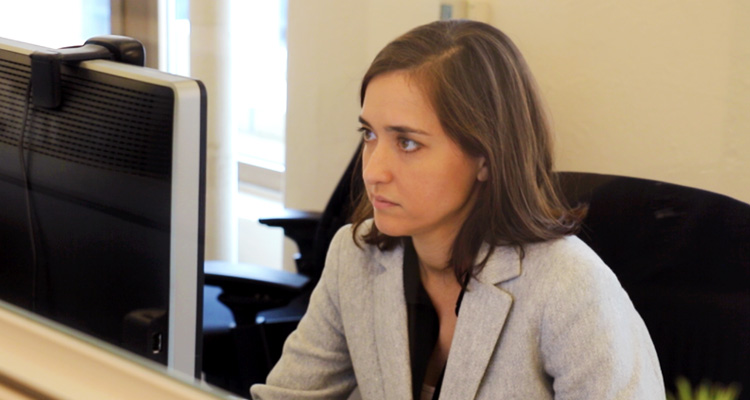Alexandra Zayas is a deputy managing editor at ProPublica, running a team of reporters and overseeing senior editors of its global public health and visual storytelling teams. Since joining ProPublica in 2017, stories she edited have won two National Magazine Awards, two George Polk Awards and a Pulitzer Prize for Feature Writing. She worked at the Tampa Bay Times for 12 years, ultimately as the newspaper’s enterprise editor. As a reporter, her investigation into abuse at unlicensed religious children’s homes won the Selden Ring Award for Investigative Reporting and the Livingston Award for Young Journalists and was named a finalist for the Pulitzer Prize for Investigative Reporting. She also teaches investigative journalism at Poynter.

What’s the greatest lesson you’ve learned as an editor?
Editing isn’t about fixing the copy in front of you, it’s about squeezing the best possible version of the story out of the universe by helping the writer to see it and capture it. What that help looks like will vary between individuals and fluctuate for the same writer at different points in the process. A big part of the job is removing obstacles, especially those that are self-imposed. One writer may need help seeing the forest for the caveats. Another may need reminders to get inside subjects’ shoes and hearts. Editing is knowing when to stay out of their hair and when to give them a nudge, when to insist they keep pushing for the impossible and when to let them cut bait. It’s making sure they feel comfortable arguing with you and recognizing when they’re right — but also recognizing when, amid a nasty bout of 11th-hour second-guessing, the writer is just tired and hangry; then, you send them a sandwich. You can’t do this job without legitimately loving these people and living for their victories and growth.
What has been the biggest surprise of your editing life?
How different editing is from reporting and writing. An editor is a trusted partner, a blind-spot detector, a high-stakes decision maker, a structural engineer. You do a lot more thinking about what you don’t see, what’s in the negative space: What Achilles’ heel might this premise have? The language is beautiful, but is the logic sound?
If you had to choose a metaphor to describe yourself as an editor, what would it be and why?
A writer once called me Spanx because of the way I compress flabby prose. I hope I’m also like a camera drone that helps you see above the weeds and a construction site boss who knows when the scaffolding can come down.
What is the single best piece of editing advice anyone ever gave you?
Sometimes, you won’t see the perfect path from day one. You might be paralyzed by fear when you open a draft and the next step isn’t obvious. Learn to slow down, talk through the problems with the writer, roll the ball forward and trust the process. (Hat tip to Adam Playford for this great advice, which he likely won’t remember giving.)